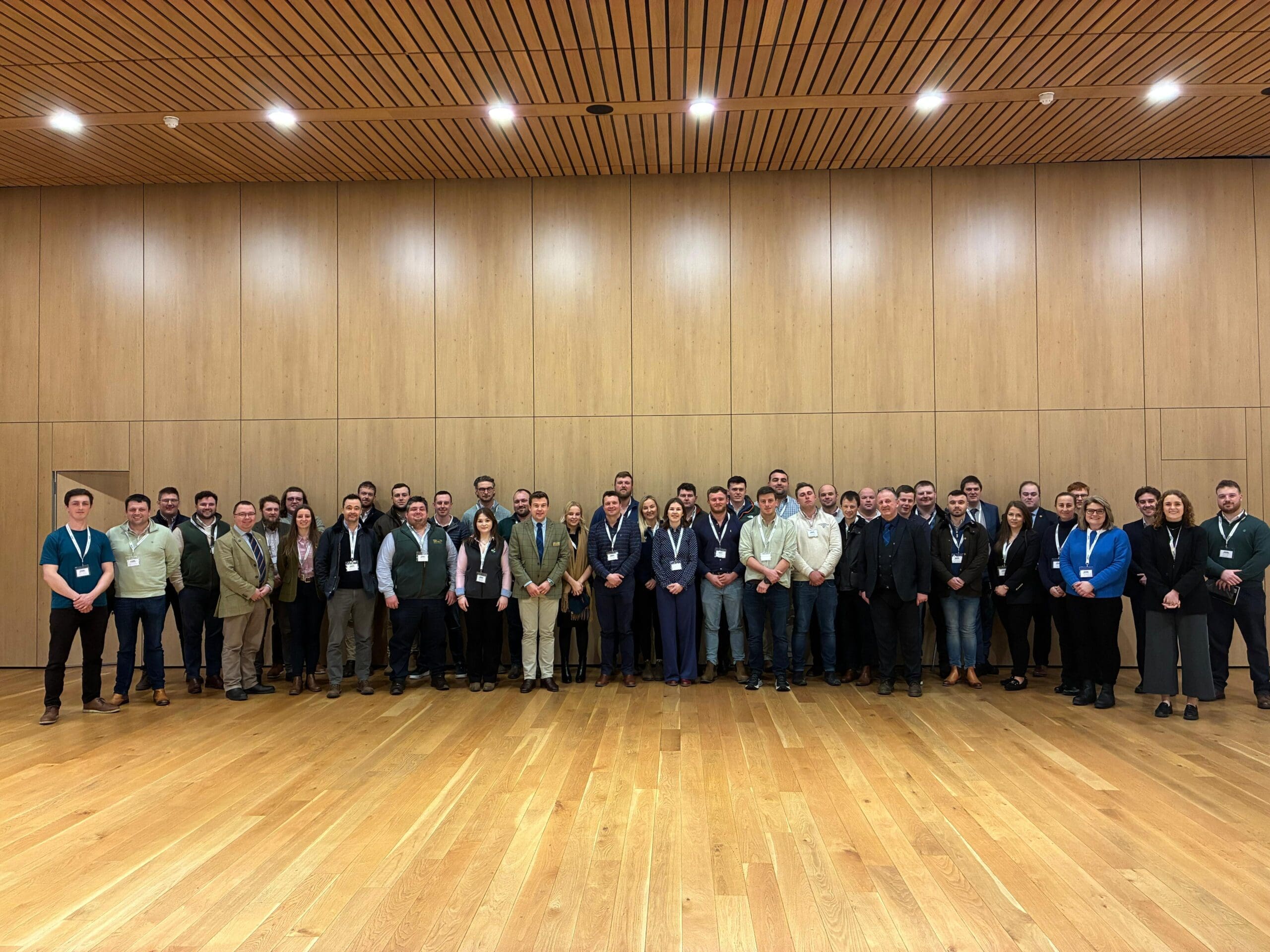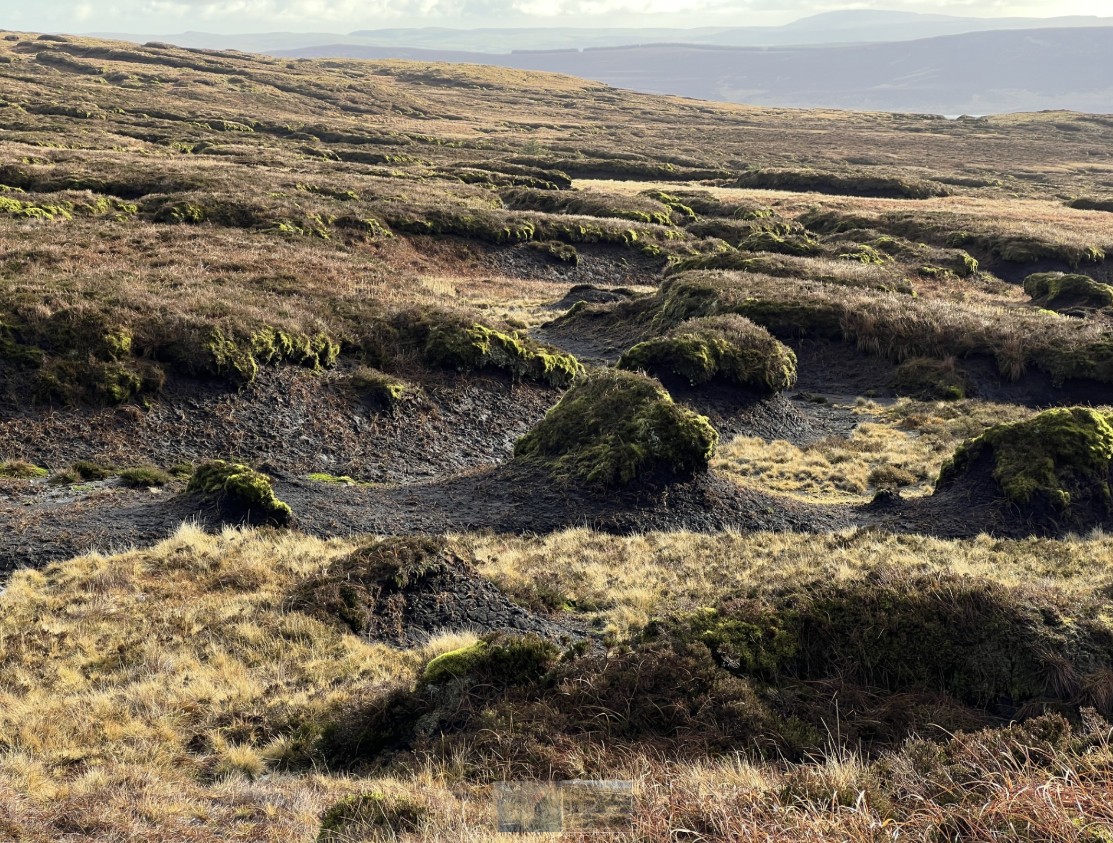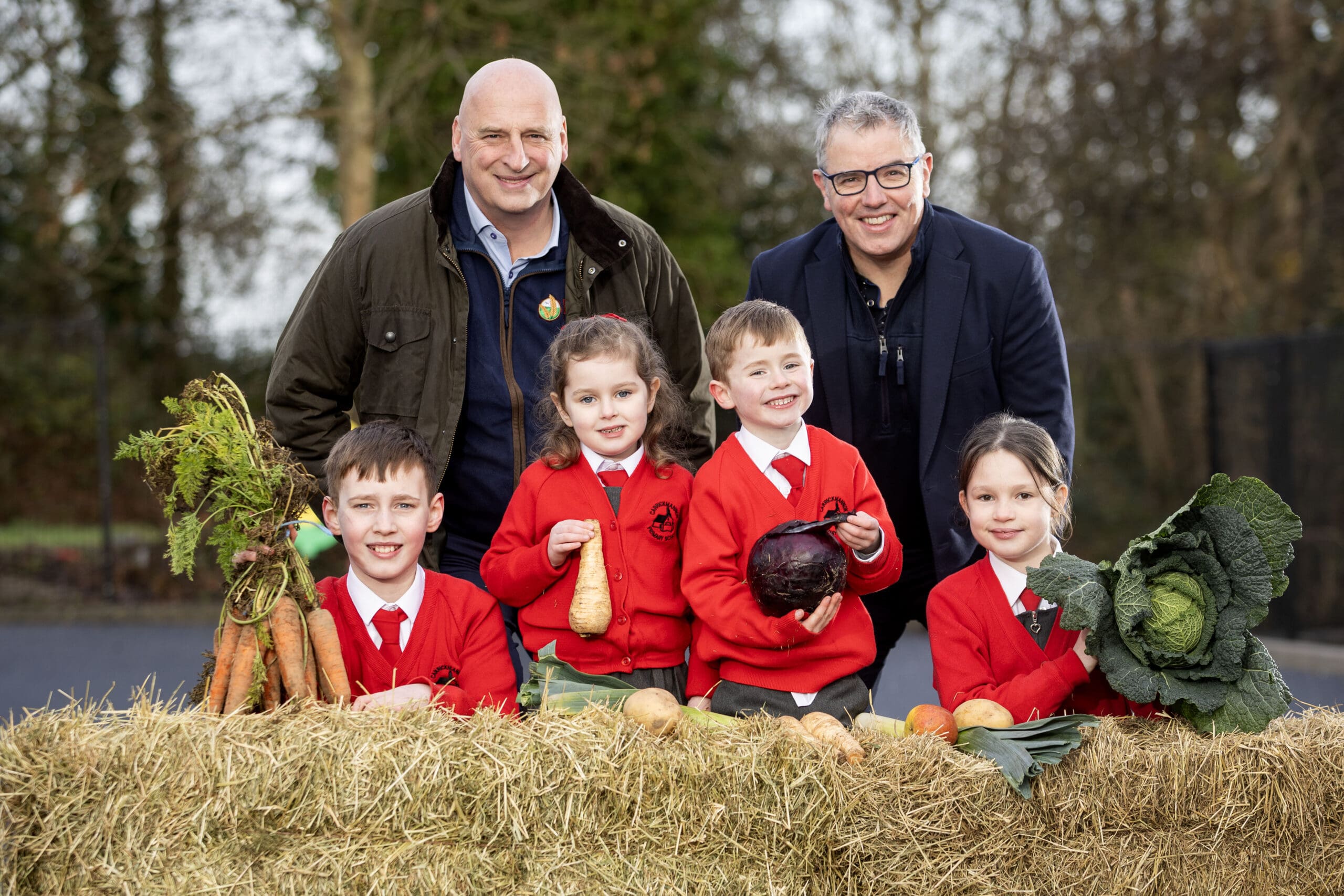
By UFU communications officer Tracey Donaghey
A couple of weeks ago I read a column by broadcaster and former Irish Agriculture Minister Ivan Yates, in the Irish Times magazine. It focused on the major changes he’s seen in Ireland over his lifetime. Of course, mobile phones were referenced and the access to information we now have at our fingertips. Hitting the crux of the issue on the head, Ivan writes, “I think people haven’t factored in there’s a difference between information and knowledge.”
Social media influencers
In every industry there are social media influencers, and agriculture is no different. To build a devoted following, a brand, a side hustle, and for some an entire career from what was once a blank (digital) page, is no small feat. And to do it by focusing on something you love is the dream. The work of agri social media influencers has opened farming to a whole new audience and the Ulster Farmers’ Union recognises the positive impact this has on the public. It is helping to bring people beyond the farm gate, to understand where their food comes from and how it’s produced.
So far the UFU has worked with Hannah Jackson (Red Shepherdess), Andrew and Margaret Little, Louise Crowley and Digg Mama (Caroline O’Neill) to name a few, but these people are not chosen at random or without thought. Values need to align, but most importantly, the information shared through these collaborations must come from sound knowledge of the subject at hand. The only exception is when the collaboration is a journey of discovery alongside the consumer, but that is always made clear from the get go.
Journalism
The world is in a very concerning state – war, economic crises and climate change. Locally in agriculture, inheritance tax, TB and ammonia are critical issues. All of which get covered on social media. These platforms may have a list of pretty filters, but there’s no fact filter and harassment content can slip through the safety features net too.
At the UFU, the policy team scrutinise every detail of agri-related issues, and discuss and debate with their committees before agreeing on a position and challenging policy makers. That takes time before comments can be made publicly. It’s also an essential part of the lobbying process. Whereas on social media, some start shouting soon after a new report or consultation has been published.
Free speech is at the heart of democracy, but there needs to be knowledge and context. There’s a good reason why creditable sources are at the core of journalism. The same can be said for the role of an editor. Anything that gets written or broadcast should be fact checked and verified to ensure that what they’re putting into the world is factually correct.
Mindful
This is why we need to be mindful and not take ‘Joe Blogs’ as Gospel because they have x amount of followers and sound pretty confident about the words coming out of their mouth. We need to be asking ourselves where is their information coming from? What are their reasons for taking that stance? Have they read all 200 pages of that environmental report?
With that said, I’m not implying you should assume what they’re saying is wrong either. The point is, the jury should be out until you have solid supporting evidence to be in agreement or not, and before sharing further or commenting.
Human
At the end of the day we’re all human. We have our own values and agendas and things we want to see happening in the world. Right now, the future of farming is uncertain and no group is more passionate than the farming community. Of course we want and need to speak up. But there comes a danger when there is no clear distinction between information and knowledge coupled with thousands of followers and worldwide shareability. Misinformation is like pollution – it’s toxic and the damage is hard to undo. We need to take responsibility, as influencers and consumers.




